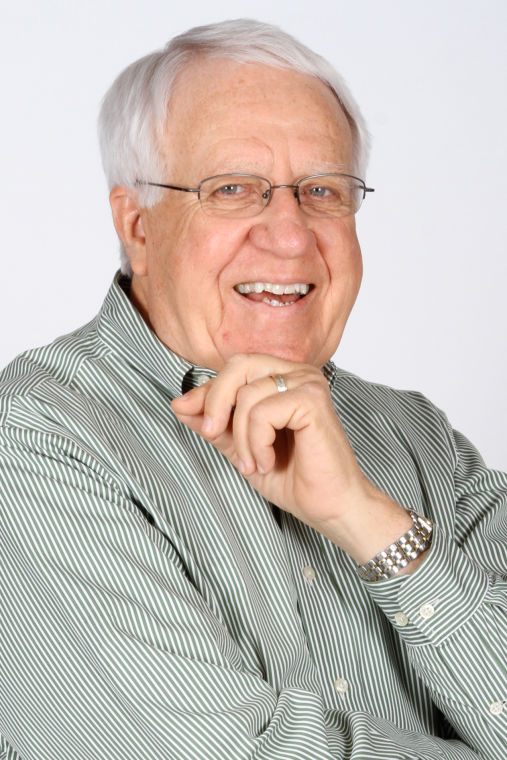
I spend a good chunk of time each week working with, learning from and encouraging fellow senior adults. It seems to me that the ones best able to “finish the race” don’t spend a lot of time employing the adverb “too.”
The public at large, however, generally chooses to use the word “too” for maximation of negatives. You know what I mean. “Too” seems always to be readily at hand, like low-hanging fruit in the grammatical orchard. It is particularly helpful when we want to describe “negatives” concerning our general condition. We maximize the extent of our fatigue, how lousy we feel and extreme weather conditions. The list grows as lengthy as we allow.
You likely have your own list of “too’s,” providing personal evidence that use of “too’s” is out of control.
Swords have two sides; “too” does as well. The “other side” can be extremely positive.
Admittedly, though, negativity springs to the front when we hear of folks working too hard—maybe even from “can” ‘til “can’t.” Others exercise to excess (usually briefly) and can’t wait to tell their friends about it. There are enough claims (okay, brags) by friends and associates to induce “gags” from the lot of us. Mostly, we smile and go on.
Often, though, when we learn of positive extremes in others, a still, small voice from deep within whispers, “You can do better than that.”
To reach goals desired by most Christians, intentionality is important. It helps when we keep in mind biblical instruction that we are indeed our brother’s (and sister’s) keeper.
We can’t start too soon.
On the day of this writing, I learned of seniors—at the other end of age’s spectrum—who are “difference makers.” Recent high school graduates, they are committed to purest adult motives at an early age. Associated Press writer David Sharp provides the commentary about Islesboro, Maine’s Central School Class of 2021. Members decided to cancel their “senior trip” in favor of helping residents struggling to “make it” in this tiny island community. The headline was eye-catching: “Seniors skip trip to help island.”
There had to be great leadership and “followship” for them to vote unanimously to scrub their customary trip, investing their hard-earned money instead to help with local needs. Like senior classes before them, they spent hundreds of hours working concession stands, sponsoring festivals and hosting community suppers. Historically, senior classes went to similar lengths to raise cash that would take them to exotic places. This year, they were considering Greece, South Korea and Japan.
Results of the pandemic weighed too heavily, however. There were too many deaths and too many local economic struggles for them to enjoy an exotic trip.
One of the 17-year-old graduates admitted that the decision was painful, but obvious.
Such “can do” spirit can light fires of hope round about, awakening churches, civic clubs and other philanthropic organizations. A “ripple effect” seems possible.
Clearly, these graduates—the largest senior class in years—understand the concept of provisions for “thee and thine” when much of the world scrambles for “me and mine.” What a concept!
The island has but 700 year-around residents. Five of the 13 seniors took the ferry each day from the mainland to attend school. To use their $8,000 to help others is commendable. (This account makes me feel less kindly toward a graduation announcement we received last month addressed “occupant.”)
These graduates will have positive memories about such an admirable decision.
Surely others on the island—as well as on the mainland—may hear their own small voices from within saying, “We can do that.”
A quote I like has been attributed to several theologians, and exact wording varies. The crux of it is simple. It suggests that we should live our lives in such ways that on our dying day, that’s all we really need to do. And the people said, “Amen.”



